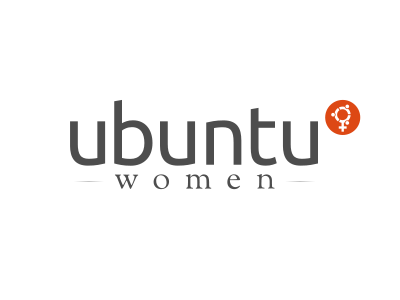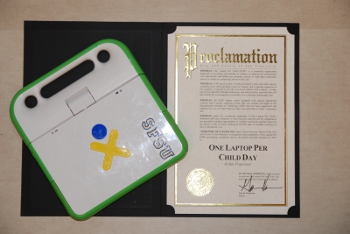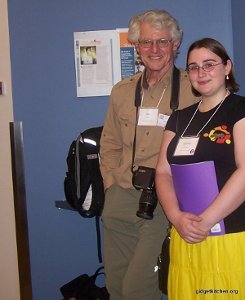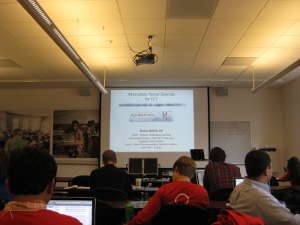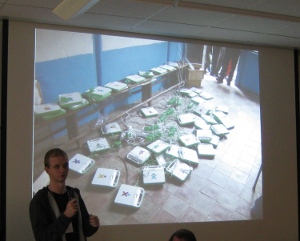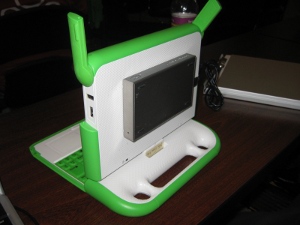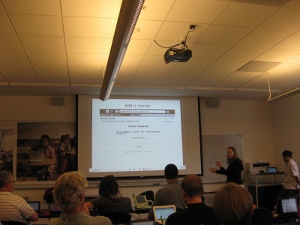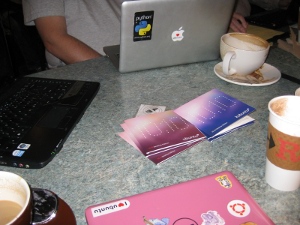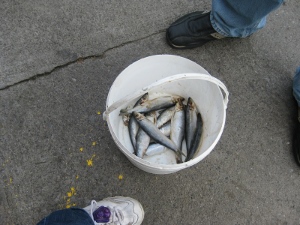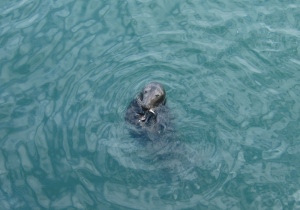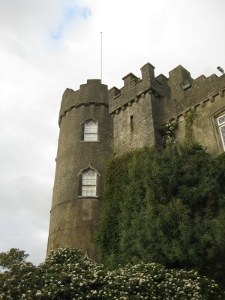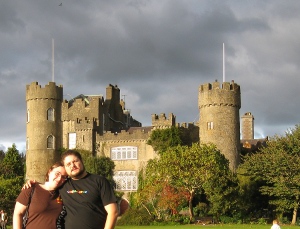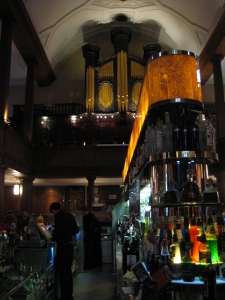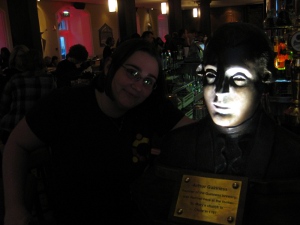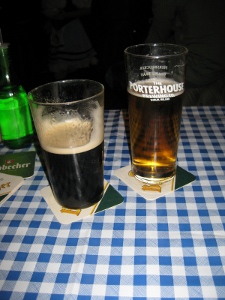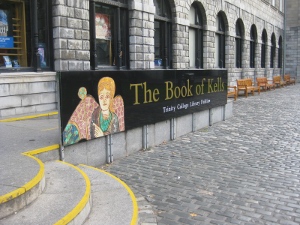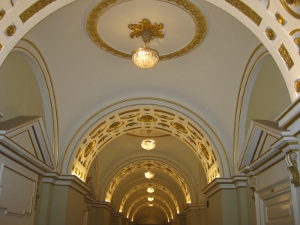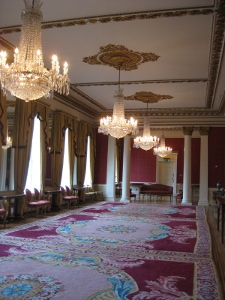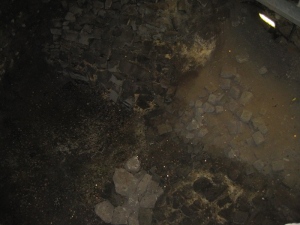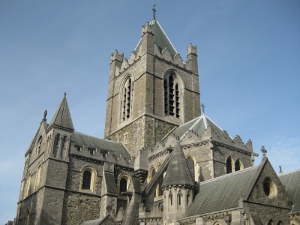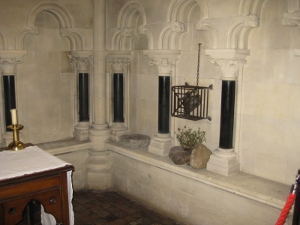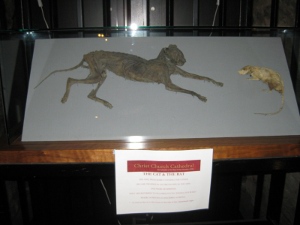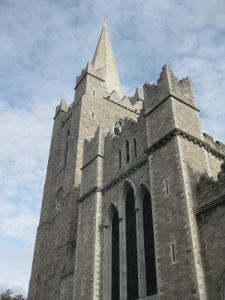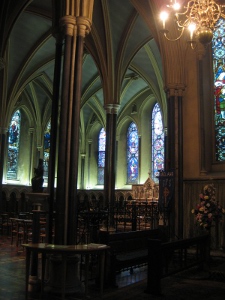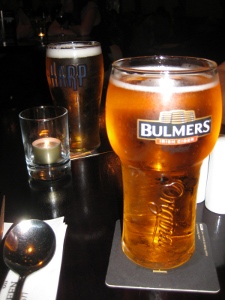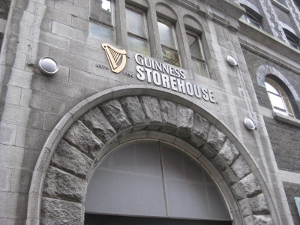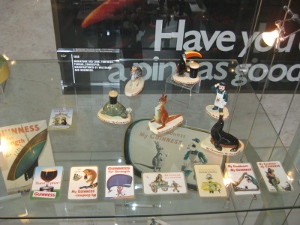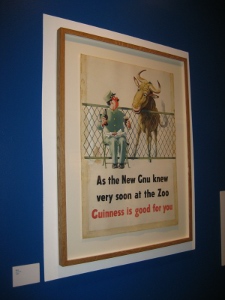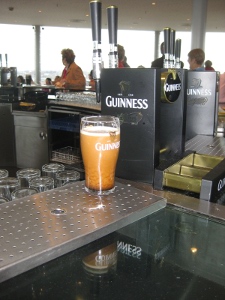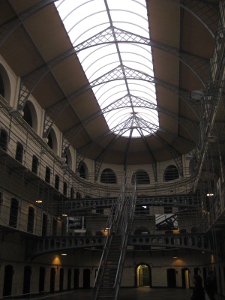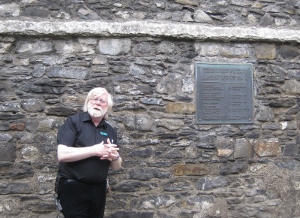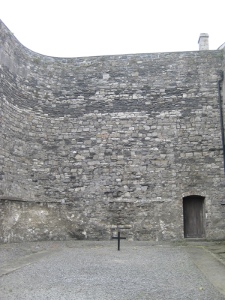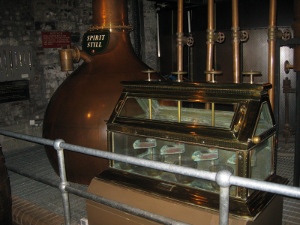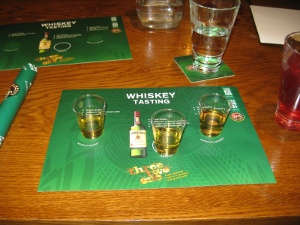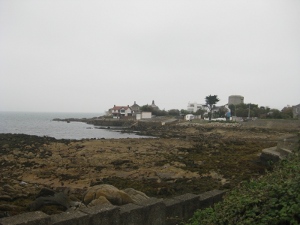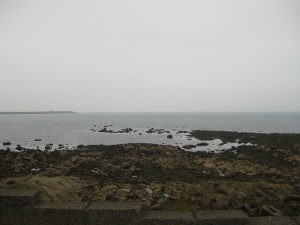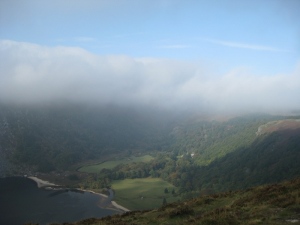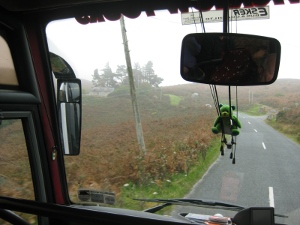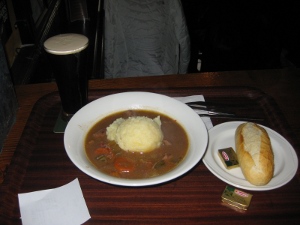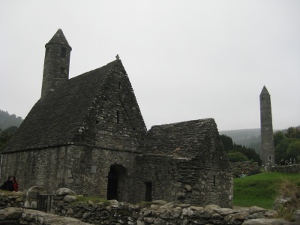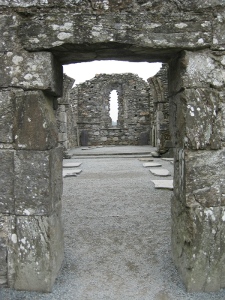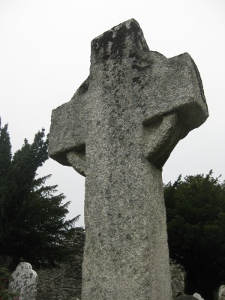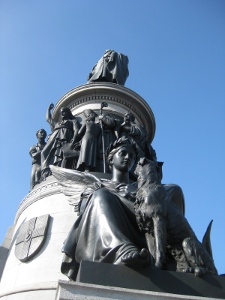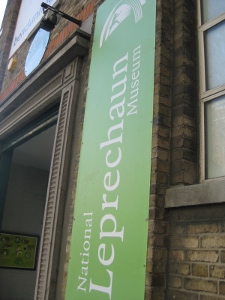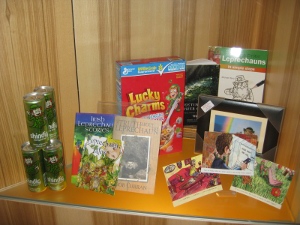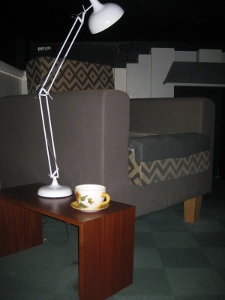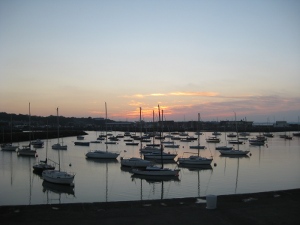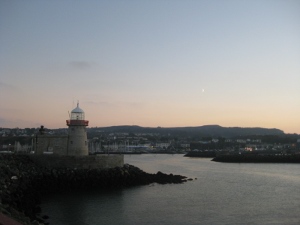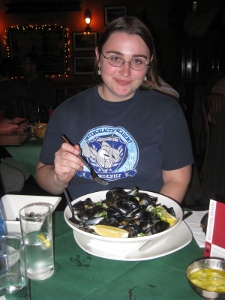It sure was quite a week to live in San Francisco, plus we had lots of visitors!
MJ’s father and father’s partner, Susana, were in town over the weekend, so on Friday night we joined them for dinner at Chaya on the Embarcadero. Saturday we met at Ferry Building for lunch and browsing of the farmer’s market, and later that evening ended up in Noe Valley at Firefly Restaurant.
Sunday was Halloween! For lunch we all met up down at Fisherman’s Wharf for some tastey fish street food, after which we headed up toward Giardelli Square for our afternoon entertainment, but first I got to admire the gorgeous day looking out over the bay and be yet again thankful to live in such an amazing place.
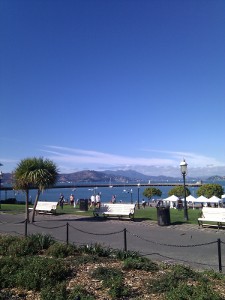
MJ’s father planned for us all to go on an Electric Tour Company Segway Tour. I wasn’t quite sure what to expect from the tour, but given my weakness for tourist things I was positive that I wanted to go. The tour starts out with 40 or so minutes of a group of 10 people learning how to use Segways and getting ready to ride them through the streets of San Francisco. I was a bit apprehensive about this and it took some time until I was comfortable riding the thing, but they were great about making sure we were comfortable before leaving the parking lot. The thing with Segways is that the more you think about it, the worse you’ll do on them. Once you get the basics down about how to get on and off them without falling (or bruising your shins) and realize that the handles are only for steering and not to cling on to for dear life, the rest sort of comes to you.
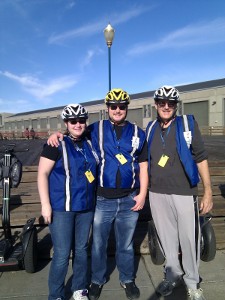
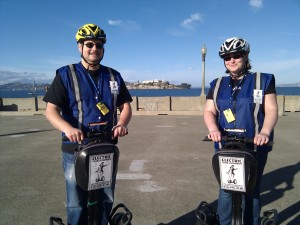
When we wrapped up the Segway tour we all headed back to our respective home and hotel. That’s when San Francisco started going a bit crazy…
October 31st was exceptional for a number of reasons:
- It was the night of the 4th game of the World Series. The San Francisco Giants were playing the Texas Rangers in this 4th game and at the beginning of the game the series score had 2 wins for the Giants and 1 for the Rangers, and in spite of football’s dominance in the American sports scene, we do still love our baseball.
- Halloween! San Francisco loves Halloween, it may even be the biggest holiday here. People dress up and have parties for days, and on Halloween itself the parties in The Castro are legendary.
- Melissa Draper was in town October 31st was her birthday!
I managed to plan my night such that I could be a part of all these exciting things. Once we were back home we flipped on the first part of the World Series game and I got my witch costume together. We watched until MJ left for dinner with his family and I headed over to Thirsty Bear to meet up with Melissa and some friends to celebrate her birthday with some good food and beers. It ended up working out pretty well, in spite of the game Thirsty Bear wasn’t crowded so we could secure a quiet table near the front, and we could hear the cheers of the folks who were there so keeping up with the score wasn’t a problem! The Giants won the game, resulting in a 3-1 lead in the series, and we enjoyed a lovely dessert of cinnamon churros & spanish hot chocolate.
From Thirsty Bear a few of us decided to brave the crowds of the Castro and experience just what it was like to be down there on Halloween. We met up with Mark Terranova who was dressed as a penguin and after making our way through crazy crowds along Castro Street we ended up hanging out at Toad Hall.
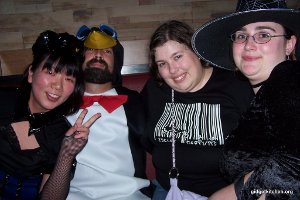
Castro Halloween experience under our belt, we ended up heading home shortly before midnight.
Monday! Aside from it being a typical work day, it was the 5th game of the world series. Would the Giants win and take home the title of World Champions for the first time in 56 years?
They sure did. I watched the game at home, hoping desperately in the final innings, with Giants leading, that the game would be over in time for our 8PM dinner plans with MJ’s father and I’d be able to see it finish – and I lucked out. The whole city then erupted in cheers, screams, sirens, fireworks and honking horns when the final inning ended with Giants in a 3-1 lead. Our whole streetcar trip down to the Castro for dinner at Starbelly Restaurant was accompanied by the celebratory noise. Dinner itself was nice and quiet, and I enjoyed a nice mushroom pizza, and we were able to get home before the “riot” celebrations broke out later in the evening.
Now the first major league game I went to was back in April when the Giants played the Phillies and I’ve since fallen in love with the game, going to an A’s game where I got a signed baseball and to their stadium for a tailgate party, then to another Giants game in August where they played the Cubs. I then watched several of the post season games from home as they beat the Phillies to end up in the World Series. What a ride :)
Tuesday was voting day! In San Francisco when it’s time to vote you receive a couple of 100+ booklets with voting material in them with the propositions and candidates. This was my first time voting here so I got to see all the work it takes to make an informed decision – and it sure is a lot. That night saw one of the few Republican to Democrat switches in this season (our new governor is a democrat) and although Prop 19 failed, there was a fair amount of celebrating going on around here.
Wednesday was the Giants-win-the-World-Series parade! It took place on Montgomery and Market Streets, so I was able to somewhat see it on Market from our roof:

And I headed downstairs to mingle with the crowd for a few minutes before heading back to work:
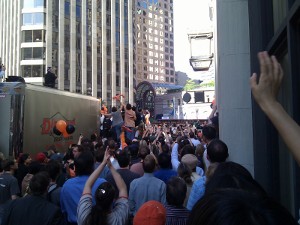
The event ended up at city hall where thousands gathered for speeches and collective celebration (this time far more peaceful!). When I went out to lunch there was confetti all over the streets, the bars were overflowing and people everywhere where decked out in the orange and black of the Giants. What a day!
Thursday the city seemed back to normal aside from some “Let’s go Giants” chants now and then. Melissa (whose birthday I mentioned above) was our second visitor of the week, arriving at our place on Thursday afternoon and was here for our Geeknic today, which I’ll post photos of in a later post. Now off to the airport and to wish her well on her way back home!



